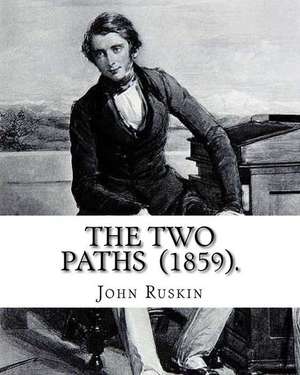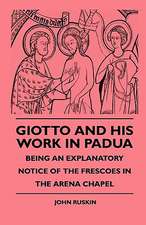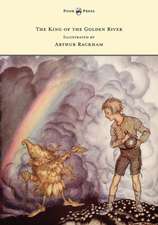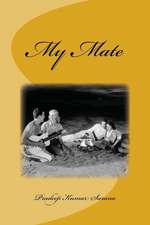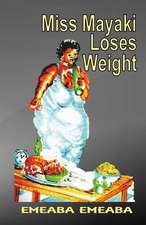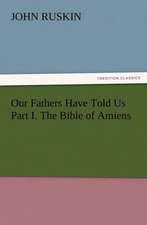The Two Paths (1859). by
Autor John Ruskinen Limba Engleză Paperback
Preț: 54.63 lei
Nou
Puncte Express: 82
Preț estimativ în valută:
10.45€ • 10.92$ • 8.63£
10.45€ • 10.92$ • 8.63£
Carte disponibilă
Livrare economică 25 martie-08 aprilie
Preluare comenzi: 021 569.72.76
Specificații
ISBN-13: 9781541028753
ISBN-10: 1541028759
Pagini: 86
Dimensiuni: 203 x 254 x 5 mm
Greutate: 0.19 kg
ISBN-10: 1541028759
Pagini: 86
Dimensiuni: 203 x 254 x 5 mm
Greutate: 0.19 kg
